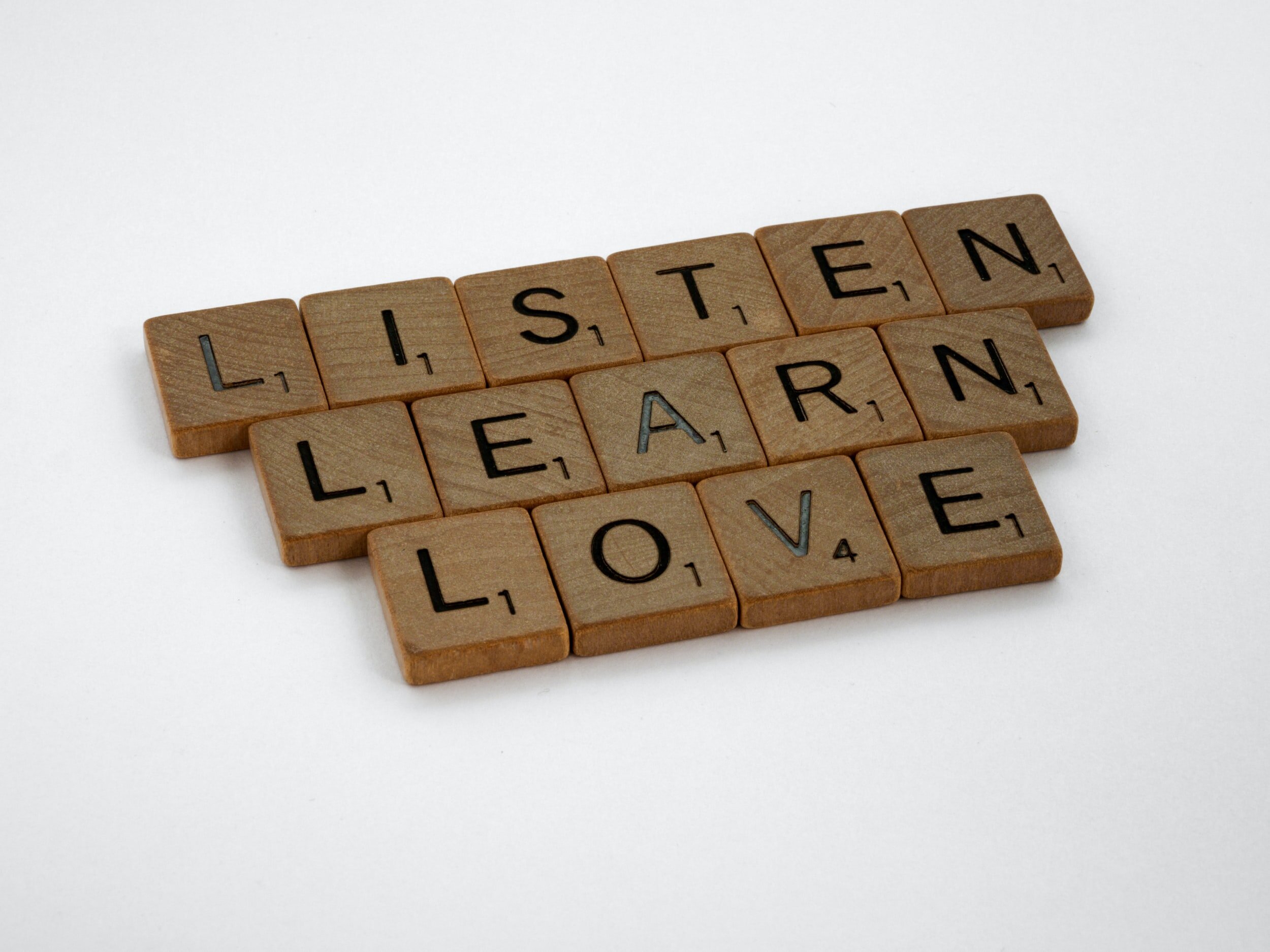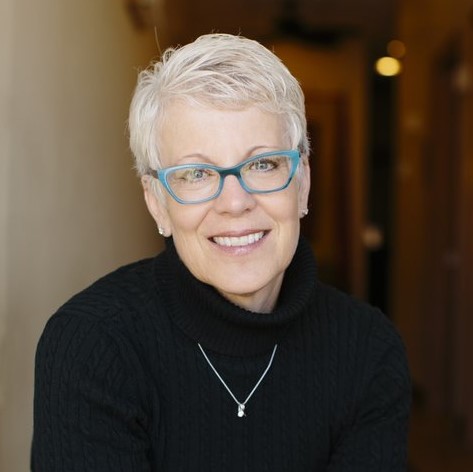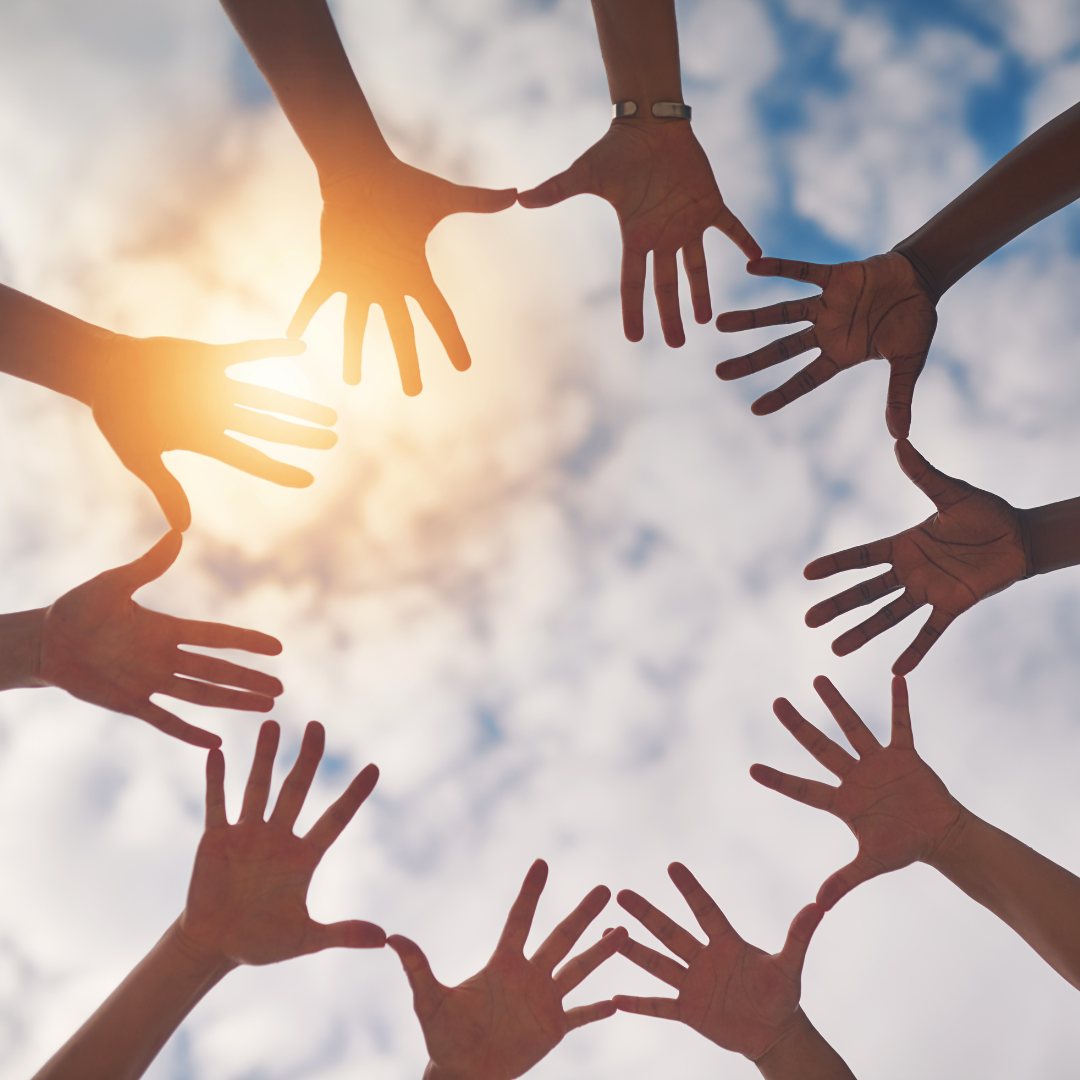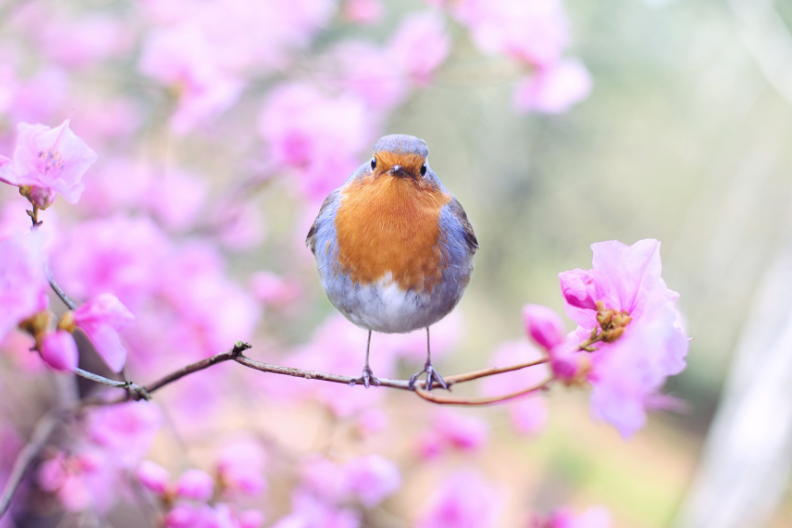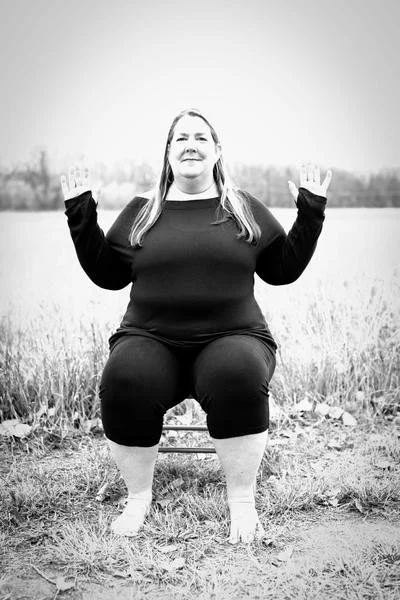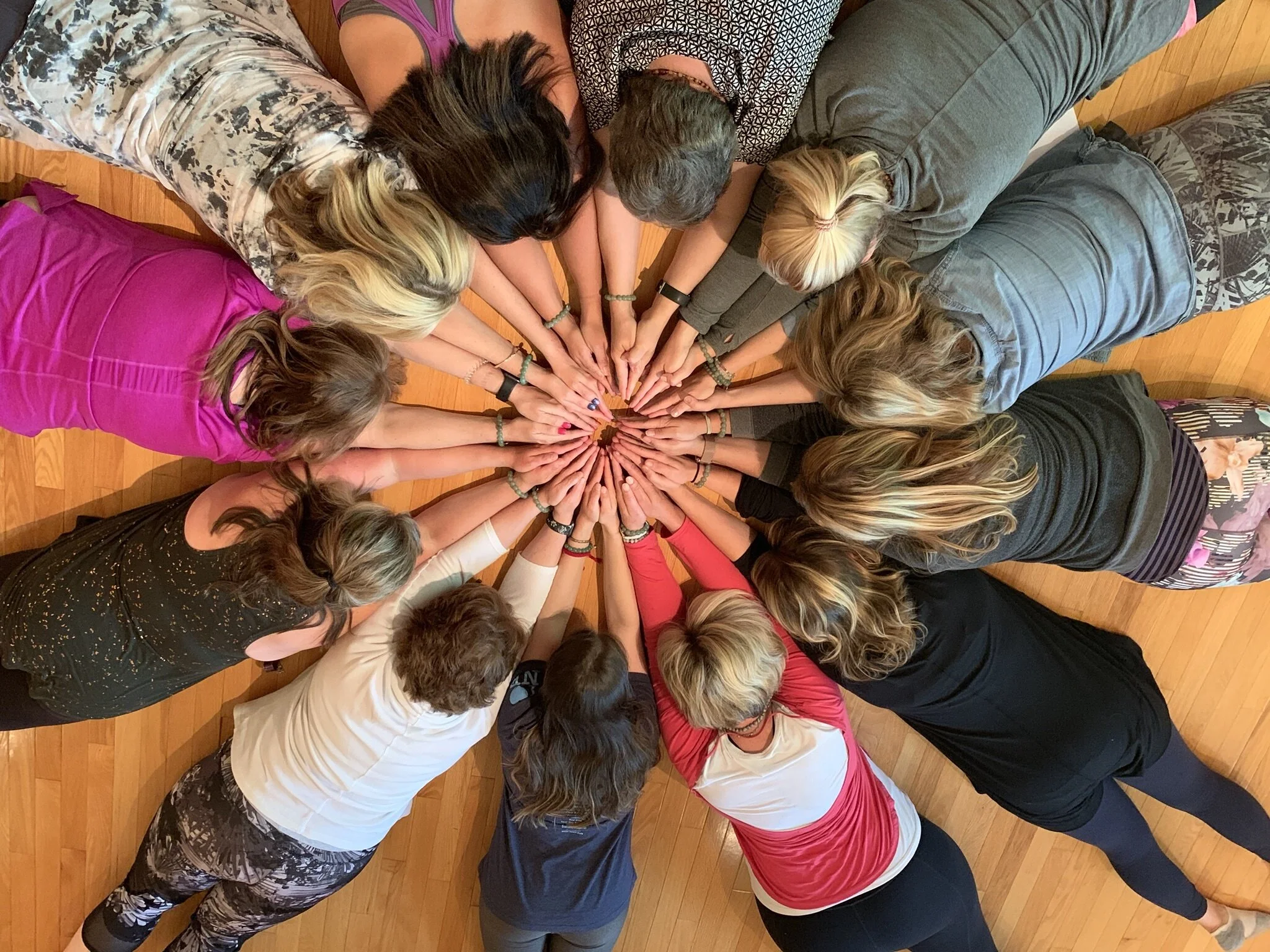Two Ears, One Mouth
/“That was the most interesting conversation!” she beamed before she turned to leave.
It was an interesting conversation lasting 30 minutes. And I said very little. She did all the talking, and I was okay with that. She was deeply lonesome. Listening was the most compassionate response. Both of us were enriched by the experience.
Do we even know how to listen to each other anymore?
In today’s world, listening is undervalued. We talk over each other, shout each other down, or simply wait until someone is done talking so that we can share a similar experience, thinking we are listening, when we were really just preparing a response.
At a time of deep division, when active listening it so important for finding solutions, do we even know how to listen to each other anymore? What is listening? And why does it matter?
Merriam Webster defines listening in this way: to pay attention, to hear something with thoughtful attention, to give consideration. In his still-relevant book, 7 Habits of Highly Successful People, Steven Covey’s fifth habit is seek first to understand, then to be understood.
Both of parts of Covey’s advice serve me well in business, in friendship, in civic groups, and in my family. Sadly, it feels like empathetic and active listening is all too often perceived as weak, and it is rarely modeled well. I believe that listening is at the heart of attention and awareness. Our ability to listen shows up in our body, in our mental emotional well-being, and in our relationships.
Definition: to pay attention, to hear something with thoughtful attention, to give consideration.
When we listen to our body, our health improves. Knowing the subtle language of the body, not just when it is yelling at us, leads to more accurate and helpful responses to stress, fatigue, hunger, and thirst. If we’re paying attention, we have the opportunity to make conscious decisions, not simply default to auto-pilot reactions that keep us stressed out, sick, in pain, or numb.
Listening to others, especially those closest to us, can be the more precious gift we give them. Listening without judgment or the need to fix or correct costs us precisely nothing. If we can listen closely, we may even hear what’s underneath, such as I am scared, that hurt me, or I want to feel connected to you.
Listening to the natural world has been proved to reduce stress, help us relax, and think more clearly. Being in nature can refresh and rejuvenate and restore our mood. Nourishment happens when sitting by the lake, watching a sunset, or standing in the woods. Listening. Noticing.
Rest assured: Listening is hard and so very worthwhile. It is a gift when given and is often generously given in return. Listening can resolve conflicts that feel impossible and brings us closer to those we care about. In fact, I believe listening is a superpower.
When I was quite young, a neighbor said to me, “You’ve got two ears, kid, and only one mouth. If you’re wondering which is more important, just do that math.”
Elizabeth Bayer is a graduate of Green Lotus’s 200-hour and 300-hour yoga teacher-training programs. She is a noted lecturer, workshop leader, and author of two non-fiction books dealing with self-discovery – her 2003 memoir Wednesdays at the Fluff 'n' Fold and 2016's Yoga Expression Spirit in which she chronicles the three pillars of her life. In 2020, Elizabeth and her husband founded the Annandale Art and Textile Center, the non-profit home of the Heart of the Lakes Weavers, a vocational-weaving program employing individuals with social and developmental disabilities.



